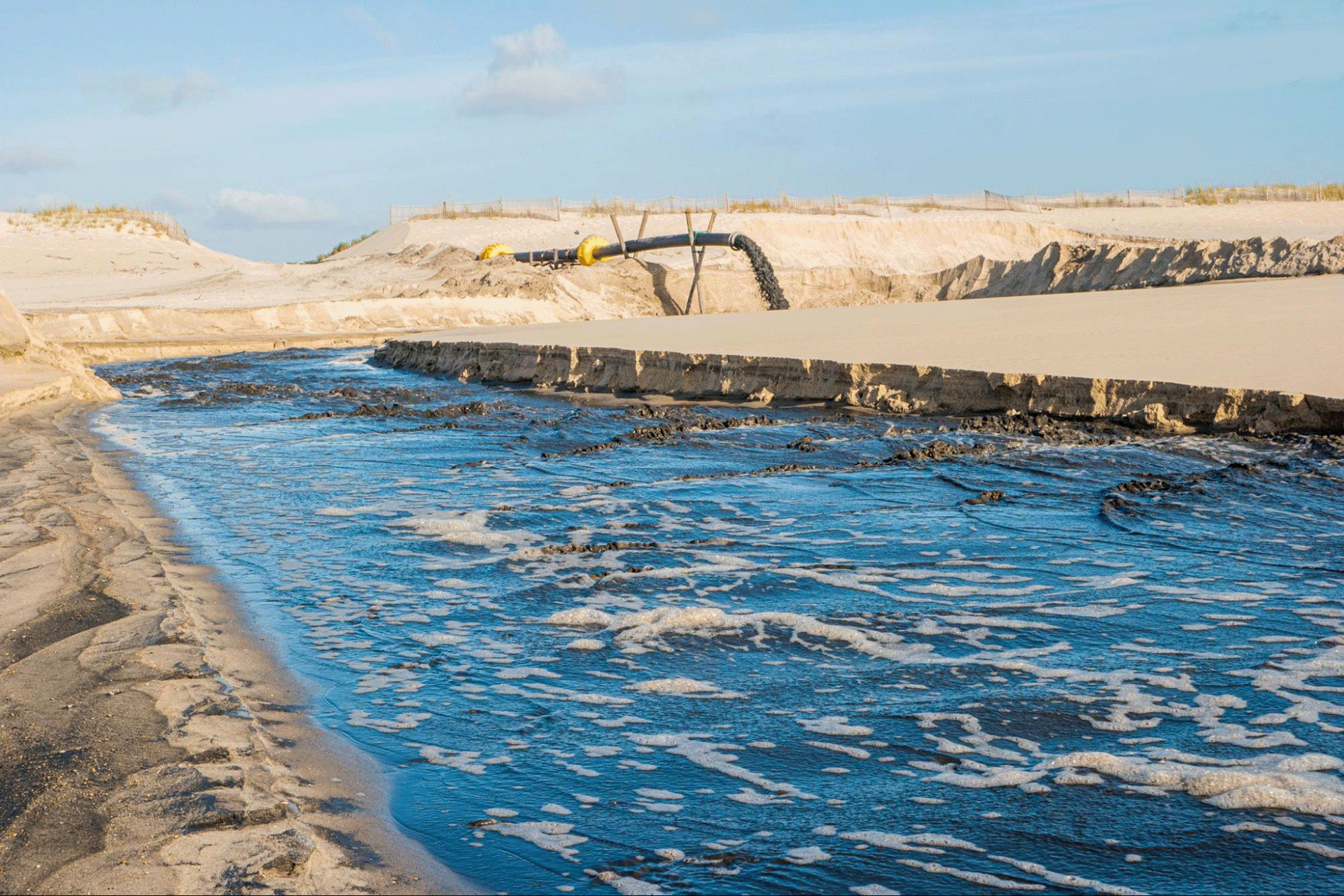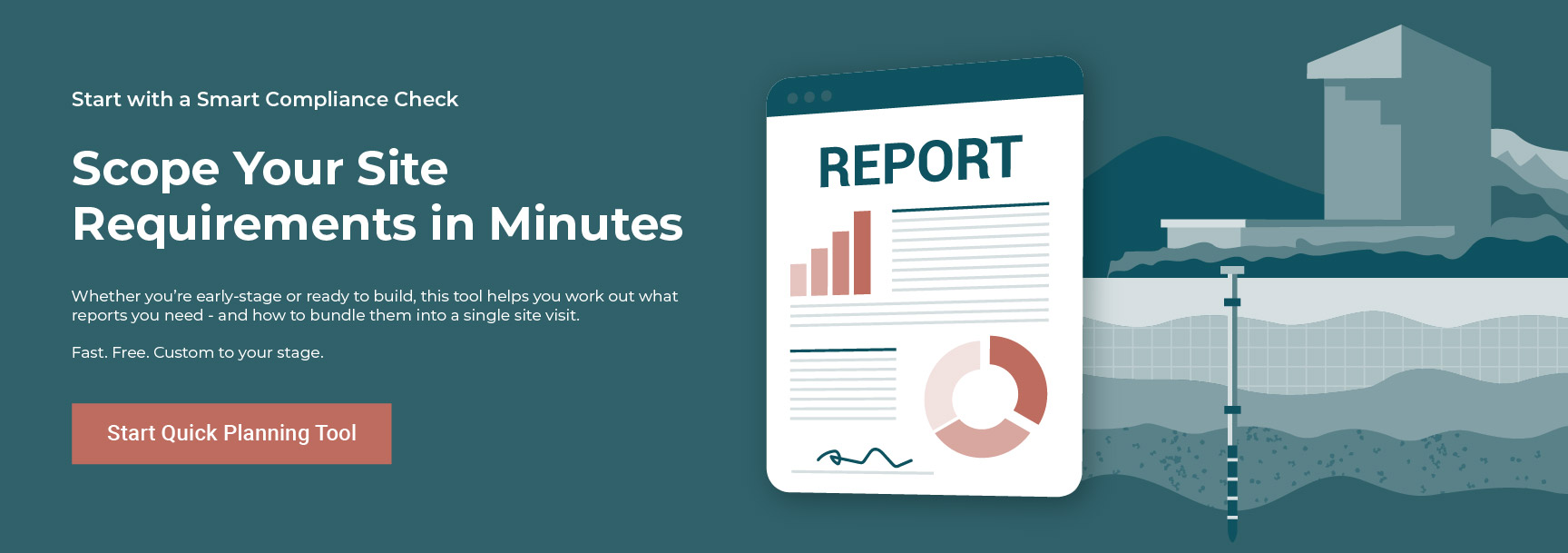Leachate – the contaminated liquid produced as waste breaks down – is one of the most critical factors affecting environmental compliance on landfill sites. It poses risks to soil, surface water, groundwater, and human health if not properly managed. This article answers five commonly asked questions about how leachate impacts compliance on landfill sites and what developers, councils, and operators need to consider.
What Is Leachate and Why Is It a Compliance Concern?
Leachate forms when rainwater or other moisture filters through waste material in a landfill. As it percolates, it picks up dissolved and suspended contaminants like heavy metals, ammonia, and organic compounds. The resulting fluid is often highly toxic and, if left unmanaged, can cause widespread environmental damage.
From a compliance perspective, the NSW Environment Protection Authority (EPA) sets strict controls on how leachate is to be collected, treated, stored, and monitored. Failure to meet these standards can result in environmental harm, regulatory breaches, or prosecution. For site operators, managing leachate effectively is both a legal responsibility and an environmental imperative.
How Can Leachate Affect Surrounding Groundwater and Ecosystems?
Improperly managed leachate can migrate into surrounding soils and groundwater systems, especially where there is no adequate containment such as liners or collection drains. In coastal regions like Wollongong and Byron Bay or urban-fringe developments in Sydney, leachate seepage poses a major threat to aquifers and nearby surface water bodies.
This can disrupt ecosystems, reduce water quality for human use, and spread contamination across property boundaries – triggering mandatory EPA reporting and costly remediation requirements. For landfill operators and developers, groundwater monitoring and hydrological assessments are essential for demonstrating compliance and managing long-term risk.
What Are the Key Leachate Management Requirements in NSW?
The NSW EPA requires landfill operators to have a leachate management system in place that includes:
- Engineering controls such as liners, collection pipes, and leachate ponds
- Regular monitoring of leachate volumes, composition, and discharge risks
- Reporting obligations where exceedances or breaches occur
- Treatment systems that reduce contaminants to acceptable levels before disposal or reuse
Operators must also include leachate considerations in their Pollution Incident Response Management Plans (PIRMPs) and ensure site personnel are trained in emergency procedures. These controls are often reviewed as part of Environmental Protection Licences and routine audits.
Start with a Smart Compliance Check
Scope Your Site Requirements in Minutes
Whether you're early-stage or ready to build, this tool helps you work out what reports you need and how to bundle them into a single site visit.
Fast. Free. Custom to your stage.
How Can Landfill Sites Demonstrate Leachate Compliance?
Demonstrating compliance means more than having infrastructure in place. Operators need to:
- Collect baseline data and conduct ongoing monitoring to show containment is effective
- Document all procedures, sample results, and incidents for EPA inspections
- Undertake risk assessments and proactively respond to issues before they become reportable breaches
- Engage qualified consultants to validate leachate containment and monitoring programs
By taking a proactive, documented approach, landfill managers reduce the risk of fines and support sustainable site operations.
What Role Do Environmental Consultants Play in Leachate Compliance?
Environmental consultants play a key role in designing, auditing, and optimising leachate management systems. For example, Nova Group Pacific has supported landfill operators across regional NSW in:
- Designing cost-effective leachate collection and treatment systems
- Modelling groundwater flows to assess containment risks
- Developing CEMPs that integrate leachate monitoring into broader compliance programs
- Liaising with EPA on reporting thresholds and incident response plans
These services not only support regulatory compliance but also demonstrate environmental responsibility to stakeholders and the broader community.
Ensuring Compliance Through Proactive Leachate Management
Leachate management is one of the most complex and highly regulated aspects of landfill operation. With risks ranging from groundwater contamination to major compliance breaches, operators must be proactive, transparent, and guided by expert advice. Investing in the right monitoring infrastructure and working with experienced environmental consultants helps protect both the environment and the future viability of the site.
How Nova Group Pacific Can Help
Nova Group Pacific offers tailored support for landfill operators and developers needing expert guidance on leachate compliance. From risk assessments to long-term monitoring, we help you meet EPA standards and reduce environmental liability.
Explore our landfill and environmental monitoring services or contact us today for tailored support.












.png)








